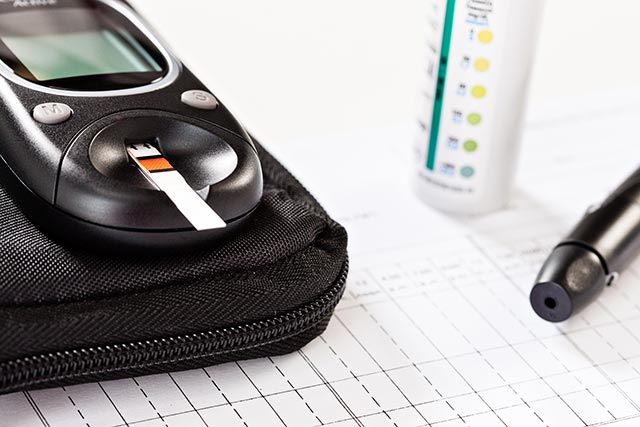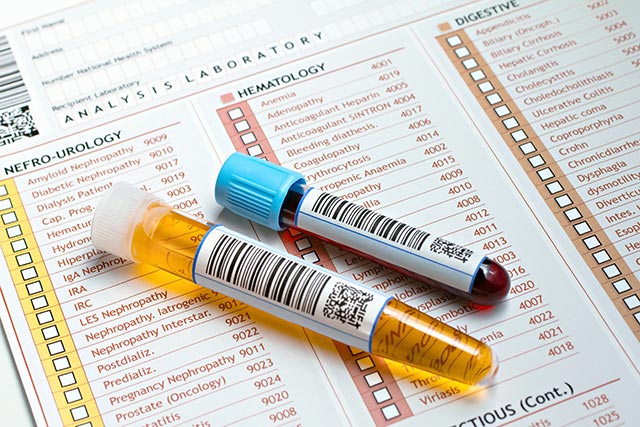Diabetes: Detection and Prevention
Date: Wednesday, March 03, 2021Learn more about how type 2 diabetes occurs, how to prevent it and read the symptoms

Here’s How to Control and Prevent Diabetes
Diabetes is a chronic condition where your blood sugar levels remain persistently high. It can lead to serious complications if left undetected and untreated. Of the several types of diabetes that afflict Singaporeans, Type 2 Diabetes is the most common. The good news is that it is also controllable and preventable.
About Type 2 Diabetes

Diabetes occurs when your body is either producing too little insulin or unable to respond well to the insulin produced. Because insulin is an important hormone that converts the sugar from your bloodstream to energy, your body needs sufficient amounts of it to function properly.
Type 2 Diabetes occurs more frequently in people over the age of 40, especially those who are overweight and do not exercise. Those with high blood pressure, abnormal blood cholesterol levels, or a family history of diabetes are also at risk.
Symptoms and Complications

Common symptoms are:
- Frequent thirst despite drinking lots of water
- Constant hunger
- Constant tiredness
- Itchy skin especially around the genital area
- Numbness in hands or feet
- Frequent urination
- Sudden weight loss despite having a good appetite
- Poor healing of cuts and wounds
Uncontrolled diabetes can lead to high blood glucose (hyperglycaemia) and low blood glucose (hypoglycaemia). Both situations can cause a person with diabetes to become very sick very quickly and even go into a coma.
The long-term complications of diabetes include:
- Coronary heart disease such as angina, heart attack
- Stroke
- Blindness
- Kidney failure
- Nerve disease which can lead to problems such as impotence and diarrhoea
- Foot diseases such as numbness, ulcers and even gangrene
Detecting Diabetes

If you are 40 years and above, it is recommended that you go for screening once every 3 years. As with most illnesses, early detection is critical in successfully managing its condition. Ask your family doctor for a fasting venous blood sugar test which will reveal whether you have diabetes or if you are pre-diabetic (which is when you have slightly higher-than-normal sugar level in your blood). The test must be taken after an 8-hour fast, during which you cannot consume anything except water.
Tips
- If you are 40 years and above, you can get tested for diabetes through the Health Promotion Board (HPB)’s Screen for Life
- You can also get advice on managing diabetes from a Nurse Adviser by calling HPB’s HealthLine at 1800 223 1313. The HealthLine is open between 8.30am and 5pm on weekdays, and between 8.30am and 1pm on Saturdays. The HealthLine is available in four languages.
Preventing Diabetes

While Type 2 Diabetes can be managed in the long-term through medication, a better way to prevent the illness is to make some simple lifestyle adjustments today. You can start by:
- Following up with your doctor and getting monitored regularly
- Eating a healthy, balanced diet
- Exercising regularly
- Managing your stress by learning to relax
- Not smoking
- Limiting your alcohol intake
- Maintaining a healthy BMI of between 18.5 to 22.9 kg/m2
Observing a healthy lifestyle will help you better control your blood sugar and maintain a healthy weight, and as a result, reduce or delay your risk of developing diabetes.
Source: http://www.healthhub.sg/